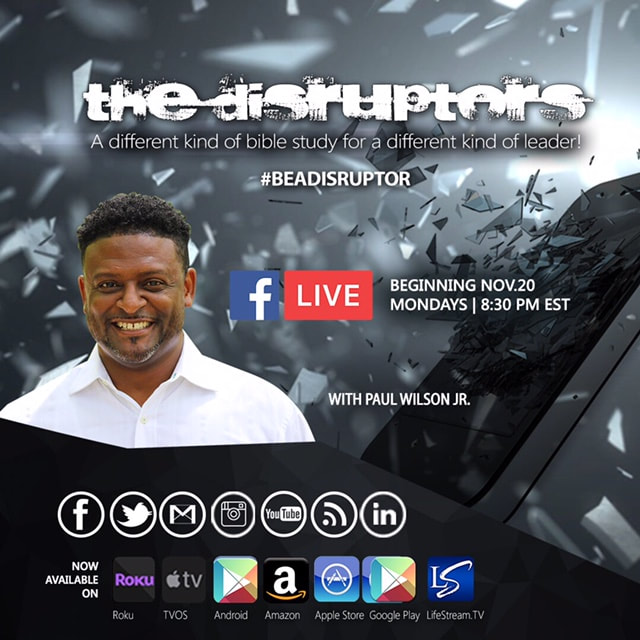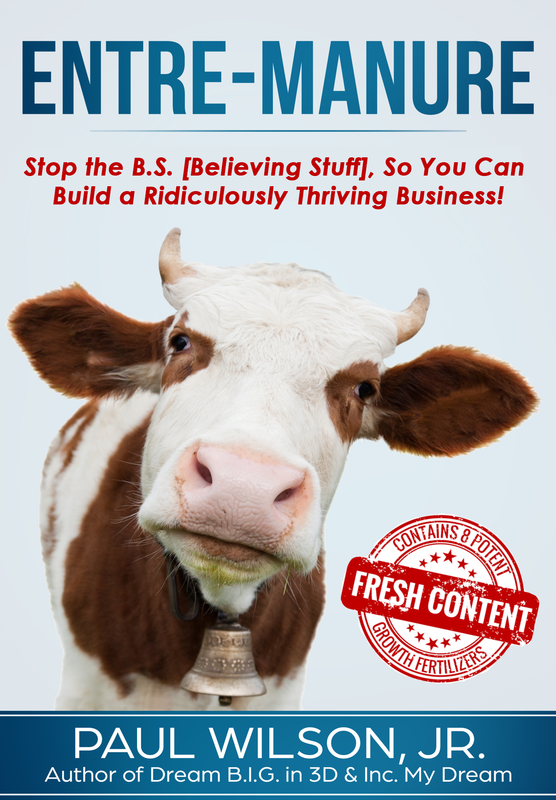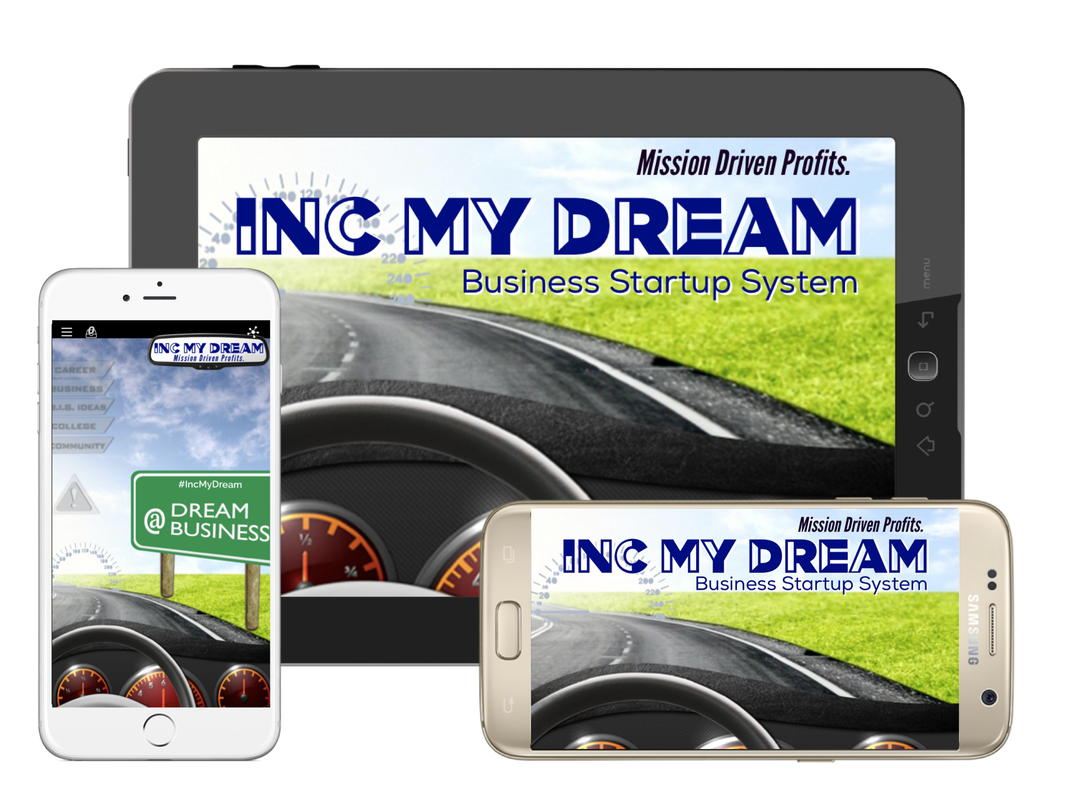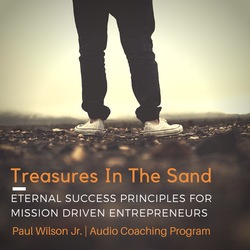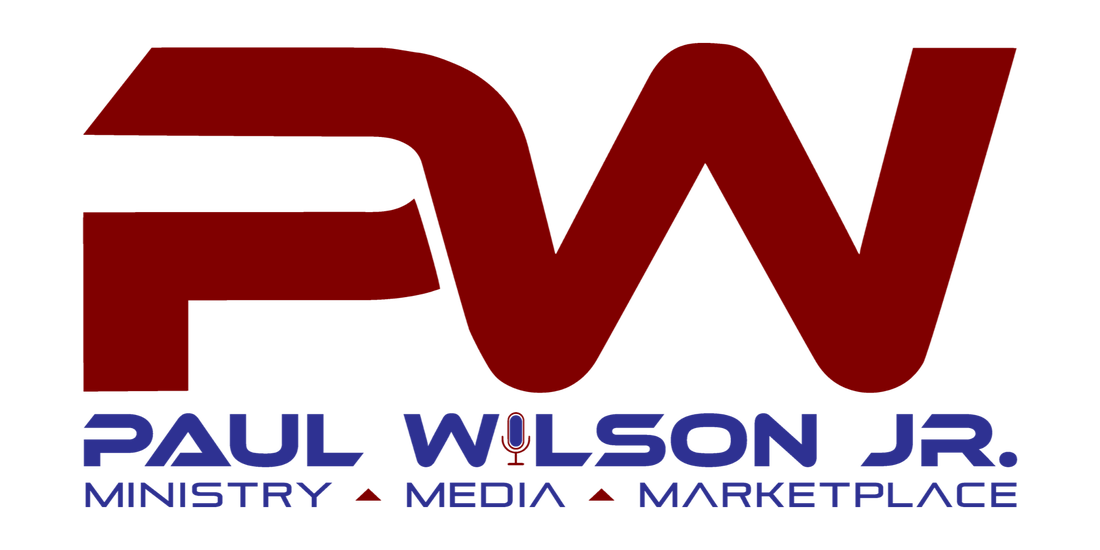|
Millennials often get a bad rap. However, when you critically assess Biblical and recent history, young people have usually been at the forefront of transformational and systemic change in multiple areas of our society. Throughout history God has often used those between 17 to 40 to change the world. From Joseph to David to Esther to Mary and even Jesus, God has never had a problem using young leaders to disrupt the status quo or spark a movement. We even saw that during the Civil Rights Movement when a group of college students initiated the Greensboro Sit-In in North Carolina, and this demonstration gained national attention and set an example for others to follow throughout the Jim Crow South.
In this episode of The Disruptors we discuss what it take to be a "Mission Driven" Millennial like those God has used in the past and even now. Enjoy and share this with someone you know it can help!
You can watch it here or listen to the audio of The Disruptors Podcast in my mobile app. I also encourage you to join us for our next live broadcast next Monday at 8:30 PM est.
A lot is going on in the world today concerning national and global politics that can be connected to Biblical prophecies. However, Christians sometimes misappropriate or misalign prophecies to align with their own agendas. On this episode of The Disruptors we discussed responsible ways to filter world events through the lens of God's Word in light of President Trump's decision to acknowledge Jerusalem as the capital of Israel and commit to moving the United States embassy there. How Christians respond to this and other local/national/global news may not always be so simple. Watch here or listen to the audio of The Disruptors Podcast in my mobile app.
I also encourage you to join us for our next live broadcast next Monday at 8:30 PM est. Check out my part 1 of my interview on "Mornings with Morris" hosted by my good friend, actor, and nutritionist Morris Austin. We discussed various topics, but one thing we focused on was why God is concerned about the social ills of people and why Christians should be concerned too, and some of the things we can actually do about it. Enjoy!
Every time a kid commits a crime, the US justice system has a choice: prosecute to the full extent of the law, or take a step back and ask if saddling young people with criminal records is the right thing to do every time. In this searching talk, Adam Foss, a prosecutor with the Suffolk County District Attorney's Office in Boston, makes his case for a reformed justice system that replaces wrath with opportunity, changing people's lives for the better instead of ruining them. By shifting his focus from incarceration to transforming lives, Foss is reinventing the role of the criminal prosecutor. 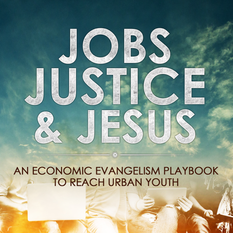 Everyone in our communities has a role to play in helping to create better opportunities and brighter futures for underserved, at-risk youth. Often it requires looking at the same problems with a new lens. My new book, Jobs, Justice & Jesus, focuses on the need to develop comprehensive, integrated solutions that include multiple organizations and institutions. Let's all work together to do more for our kids. Click here to learn more and download a free chapter of my book.
Some Christians may be wondering why we should care so much about people beyond their spiritual and eternal well-being. The truth is the Bible has a lot to say about how we treat people economically.
So how did God respond to economic injustice in the Bible? One example is Isaiah 58:3, “Why have we fasted, and you see it not? Why have we humbled ourselves, and you take no knowledge of it?’ Behold, in the day of your fast you seek your own pleasure, and oppress all your workers.” He was telling the Israelites that He was rejecting their religious activities because they were creating oppressive conditions for their employees. He was displeased because they were not taking care of the natural needs of people and were instead being a burden to them. In Matthew 21 we see Jesus use forceful action to throw out the corrupt merchants from the temple who were taking advantage of vulnerable people. He wasn't angry that they were doing business. He was angry that they were using their businesses to manipulate, cheat, and steal. Let’s look at a few other scriptures that touch on this issue of economic injustice:
So if we go back to Isaiah 58, towards the end of the chapter God gives us a prescription for what pleases Him: loving people, taking care of their needs, feeding the hungry, lifting burdens, and protecting the innocent. When we do these things in our urban communities, with a critical focus on our young people, here is what the outcomes will be: “And the Lord will guide you continually and satisfy your desire in scorched places and make your bones strong; and you shall be like a watered garden, like a spring of water, whose waters do not fail. And your ancient ruins shall be rebuilt; you shall raise up the foundations of many generations; you shall be called the repairer of the breach, the restorer of streets to dwell in.” Isaiah 58:11-12
I believe this is a prophetic word for what can happen in our communities even today when we take on this mantle! Christians should be leading the way to defend the vulnerable and confront the powerful who prey on the weak. We have a God-given responsibility and authority to help whose who are taken advantage of economically by others. So let's get to work!
“To live outside of God’s will puts us in danger; to live in His will makes us dangerous.” ~ Erwin McManus from An Unstoppable Force Typically when someone is considered dangerous, it means they are likely to cause damage or danger to someone or something. In essence they are a threat to safety, order, and peace. As I think about it, I want to be an intentional threat, but not to safety, order, and peace. I want to be a threat to things that injure, defeat, oppress, and negatively impact lives, especially young people.
The world is full of people who play it safe. I don’t want to be one of them. I want to live my life on the edge. However, I’m not necessarily talking about “death-defying” activities, such as bungee jumping, skydiving, or wrestling wild animals (that’s for a different post). I’m talking about maximizing my full potential by utilizing my God-given abilities, talents, gifts, and resources to be a catalyst for life transformation. I have learned over time that being a life transformation catalyst means that I must be willing to smash the status quo, i.e. standards that people and society have accepted that shouldn’t be. I can’t strive for a life of ease and comfort. I have to take risks, stretch my faith, strategically apply my giftedness, and reach out to people that others have rejected. By living dangerously, I want to smash the status quo for youth and young adults in the areas of:
Families are in crisis all over this country. Youth have a deep sense of hopelessness. Schools in inner cities and are failing. It seems like there are a lot of giant issues taunting people everywhere. This is not much difference between these giants and the giants who taunted a group community thousands of years ago. A young shepherd boy named David showed up on the front lines of a war wondering why nobody was fighting the giant that was taunting his people. The question he asked those around him who should have been fighting was, "Is there not a cause?" He was angry and frustrated that no one was addressing an obvious situation that was negatively impacting a lot of people. Is There Not a Cause? The Gospel has the power to transform lives, but if we never take it outside of our church services and to the people in our communities who need it the most, they may never have the opportunity to experience God’s power. Christian CEOs are problem-solvers that use their businesses as platforms to bring positive changes to the places where God positions them to serve (see You Are a C.E.O.). Dr. Martin Luther King, Jr. said it best as he described the practical role that the Gospel is to play to combat the challenges that are faced everyday in our cities and communities: “The gospel at its best deals with the whole man, not only with his soul but also his body, not only his spiritual well-being but also his material well-being. A religion that professes a concern for the souls of men and is not equally concerned about the slums that damn them, the economic conditions that strangle them and the social conditions that cripple them is a dry-as-dust religion.” Christian CEOs have the potential to decrease the potency of the kingdom of darkness in our neighborhoods, communities, and cities, which will result in a higher quality of life, naturally and spiritually. Specific areas where we should see direct results from our efforts include:
You have the opportunity as a Christian CEO to be a transformational agent in people’s lives in one or more of these areas. The question is are you willing to take the challenge of not just being a financially successful entrepreneur, but to be an empowered community leader who helps deliver people out of spiritual slavery?
I look forward to your comments below...
"Where there is no vision the people cast off restraint." Proverbs 29:18
"Hope deferred makes the heart sick, but a dream fulfilled is a tree of life." Proverbs 13:12
Like many I was heartbroken when I heard about the shooting at Emanuel AME Church in Charleston, SC. This tragedy highlights a spiritual epidemic that seems to be going unchecked in our communities - hopelessness. Watch the video below as I share my thoughts on how to stop the devastating cycle of hopelessness that is literally robbing people of their lives…
As you pray for the victims of this shooting, please remember to also pray for the youth of this generation.
If we look across the country at the major issues facing most urban communities - and in particular the minority populations - three common themes emerge... the lack of Jesus, jobs, and justice. In the video below I share my thoughts on this and how Greater Works Vocational Discipleship Program is addressing these three issues in South Atlanta.
"When you reap the harvest of your land, you shall not wholly reap the corners of your field, nor shall you gather the gleanings of your harvest. And you shall not glean your vineyard, nor shall you gather every grape of your vineyard; you shall leave them for the poor and the stranger: I am the Lord your God" ~ Leviticus 19:9-10 In a recent devotional Os Hillman, founder of Marketplace Leaders, wrote about the responsibility of helping take care of the poor. From a Biblical perspective those in business are supposed to play a pivotal role in this process, even more than the government or churches. He writes: So how does God want us to care for the poor? Is it through government welfare programs, food stamps, or soup kitchens? God gives us his answer in the Old Testament story of Boaz, Ruth and Naomi. It was customary for farmers to not glean their entire fields in order to leave some of the crop for the poor to glean. This allowed the poor to come at the end of the day and work to receive their provision. This is how the widow Naomi was able to care for herself. Boaz allowed the poor in his community to come to his field at the end of the day to get the leftovers of the harvest. Finally Hillman asks, "What are the gleanings in your business? Consider how you might serve the poor." Have you ever thought about how your business can serve the poor? I would love to hear your thoughts below... |
Watch The Disruptors Streaming Bible Study!
Struggling Christian entrepreneur? My new ebook was written just for you!
Get the app that connects your career, calling & community!
Connect Your Faith With Your Work
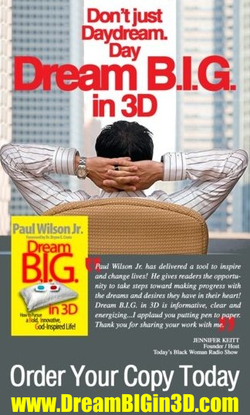
Dream B.I.G. in 3D will take you on an internal treasure hunt to connect your career path to your purpose. Click here to learn more...
Popular PostsArchives
February 2018
Categories
All
Link RollAmos Johnson Jr.
Brotha Online Magazine Business as Mission Greater Seas Marketplace Chaplains Metro Merge Milestone Motivation Partners Worldwide Sacred Enterprises The High Calling TIFWE.org |
|
Contact us today: 678.310.3017 ❖ [email protected]
© 2009 - 2024 Paul Wilson Jr. All rights reserved. |

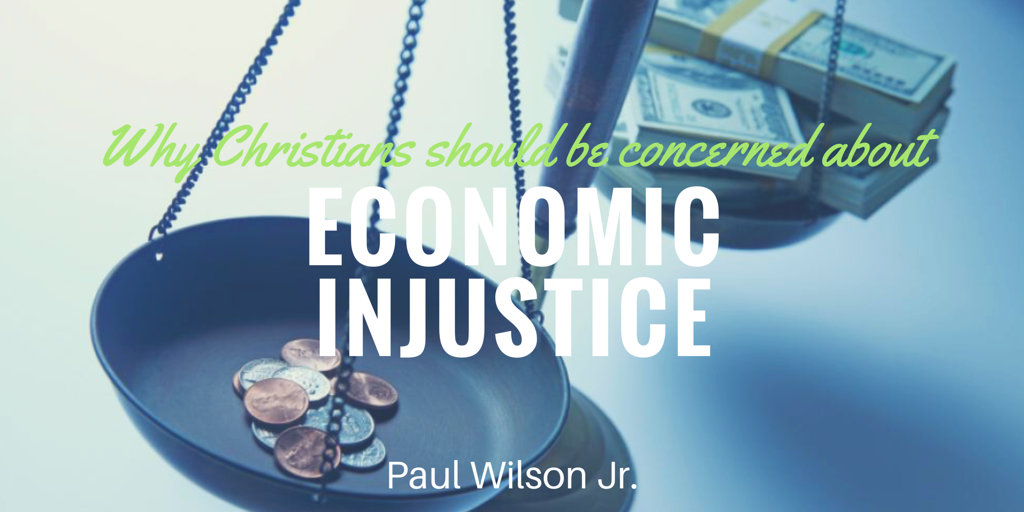
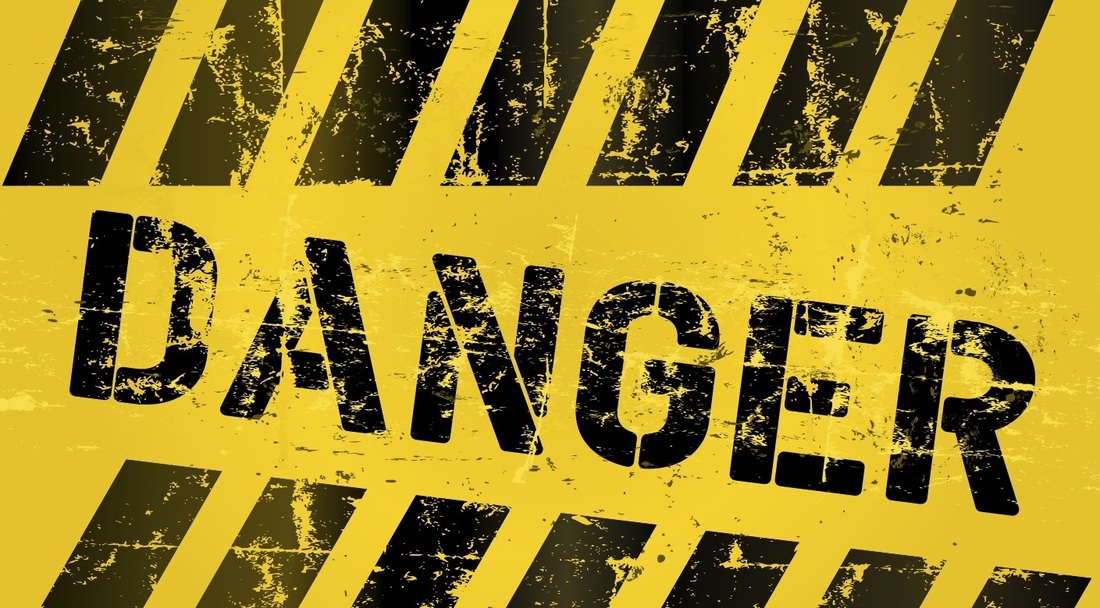
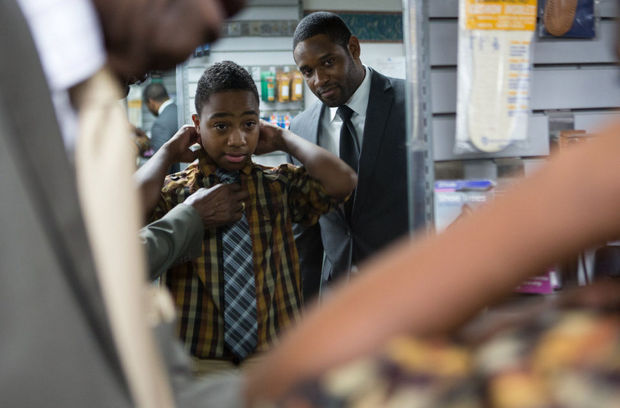

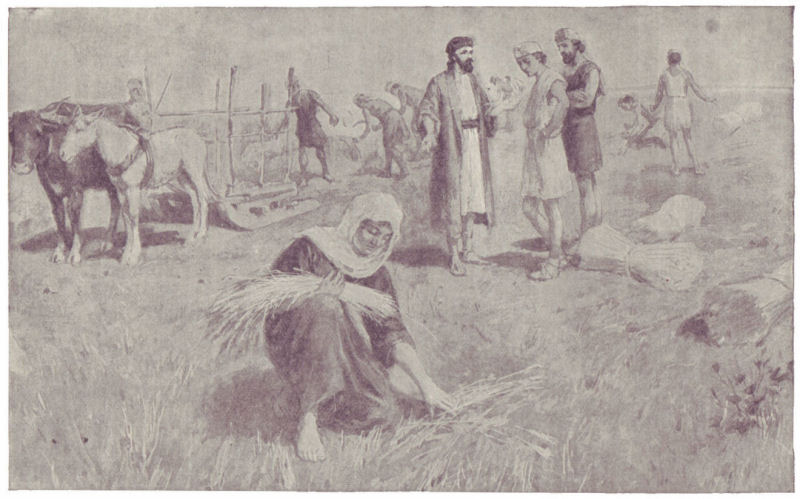

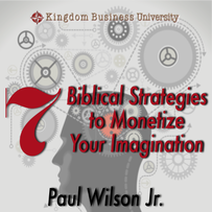
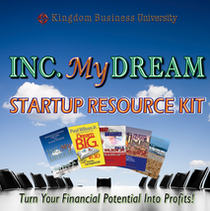
 RSS Feed
RSS Feed
